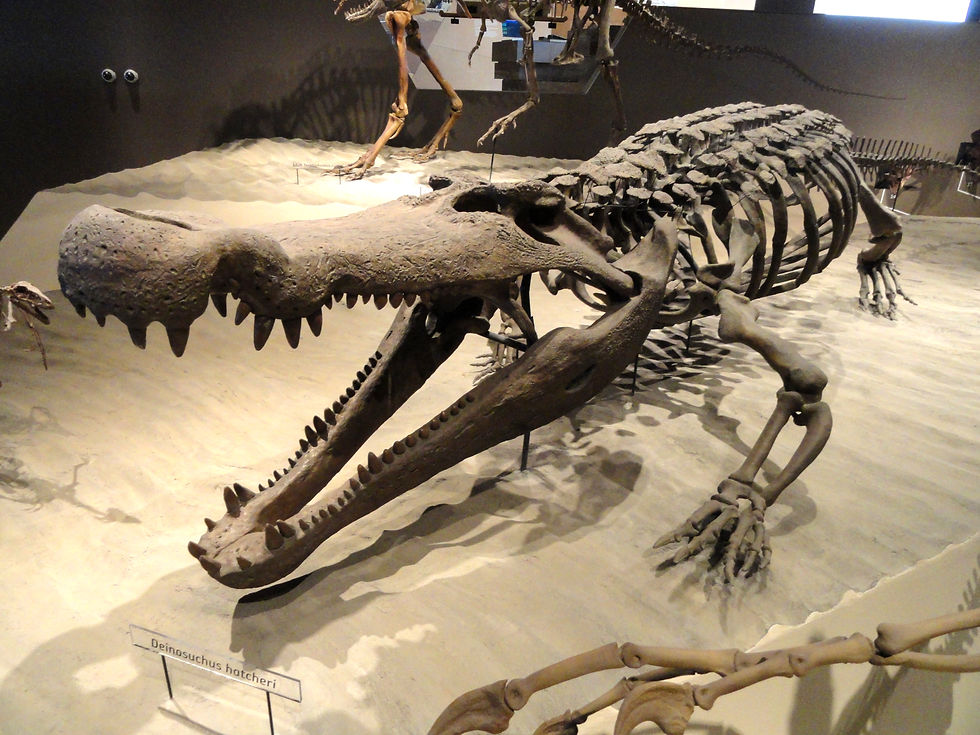A Little Of What You Fancy in Lynton
- Wayne Munday
- Feb 2, 2022
- 2 min read
Fossil Coast Drinks is pleased to announce that “A Little Of What You Fancy” the artisan food and drink retailer based on Queen Street in Lynton is now stocking Fossil Coast.

Laura & Daniel the owners of "A Little of what you fancy" in Lynton, Devon

Recently described by DevonLive as "little Switzerland" Lynton is one of Devon’s most isolated and prettiest towns and still remains a popular tourist destination each year.
Lynton is located on the North Devon coast on the edge of Exmoor National Park. Lynton is located approximately equidistant (18 miles) from Barnstaple in the west and Minehead in the east.

The town is known for its award winning Lynton and Lynmouth Cliff Railway the UK's only fully water powered railway.
Built in 1888, it operates using only completely renewable and sustainable fresh river water and remains the world's highest and the steepest fully water powered railway in the world.
One of the most striking geological features of the area and only a ½ mile away (Ref: 51.23231°N, 3.85229°W) to the west of Lynton is The Valley of the Rocks (“Valley of Rocks”).
This area is a Site of Special Scientific Interest (“SSSI”) known as the "West Exmoor Coast and Woods" where the collecting of fossils is only permitted from the exposed loose scree slopes (as shown below) and hammering is not allowed on the bedrock or cliffs.
Fossils can be found (though you will need eagle eyes) within the Lynton Beds among the oldest Devonian rocks in Devon and are of the Eifelian Age of the Middle Devonian Epoch dated between 398 to 392 million years ago. It is believed that during the Ice Age the ice sheet prevented the East Lyn River from reaching the sea on its normal course and was diverted westwards which created a valley without a river. Today it has towering sea cliffs where feral goats roam freely across the Devonian rock.
Valley of the Rocks, North Devon
The most common finds are brachiopods, crinoids, plants and trace fossils. According to the UK Fossil Network the most common is the Bryozoan Fenestella antique or ‘moss-animals’ are fan-shaped or branching colonial animals which are common in shallow seawater. Remain safe when hunting through the less steep scree slopes and be mindful of rock falls.















